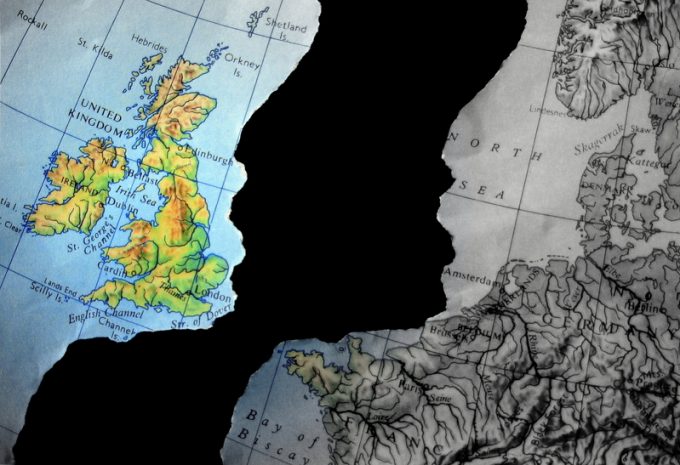Are UK businesses ready for safety and security declarations for EU imports?
Alex Pienaar, HM Revenue and Customs’ (HMRC) director of customs policy & strategy, explains what ...
XOM: GO GREEN NOWKNIN: BOUNCING OFF NEW LOWS HON: BREAK-UP PRESSURECHRW: UPGRADESZIM: LAGGARDFWRD: LEADINGMAERSK: OPPORTUNISTIC UPGRADETSLA: GETTING OUTDSV: DOWN BELOW KEY LEVELLINE: DOWN TO ALL-TIME LOWS AMZN: DEI HURDLESAAPL: DEI RECOMMENDATIONAAPL: INNOVATIONF: MAKING MONEY IN CHINAMAERSK: THE DAY AFTER
XOM: GO GREEN NOWKNIN: BOUNCING OFF NEW LOWS HON: BREAK-UP PRESSURECHRW: UPGRADESZIM: LAGGARDFWRD: LEADINGMAERSK: OPPORTUNISTIC UPGRADETSLA: GETTING OUTDSV: DOWN BELOW KEY LEVELLINE: DOWN TO ALL-TIME LOWS AMZN: DEI HURDLESAAPL: DEI RECOMMENDATIONAAPL: INNOVATIONF: MAKING MONEY IN CHINAMAERSK: THE DAY AFTER

As coruscating an analysis of the UK government’s Brexit preparations as you are likely to read – this is an account of the current state of the UK’s negotiating team: who they are and what they want. Or rather, who they’re not and what they don’t know, and it is a depressing read for anyone’s whose trade stretches beyond the UK shores. Sure, organisations such as BIFA are entirely correct in their assessment that forwarders will always find a way to negotiate the vagaries of international trade, but many freight service providers operating into and out of the UK over the past few decades were founded, and have made their fortunes, on the basic premise that trade with the rest of the world – and particularly the EU, our largest trading partner by some distance – was getting easier. In these tumultuous times, expect nothing save that things are likely to become vastly more complicated, expensive and uncertain.
Comment on this article